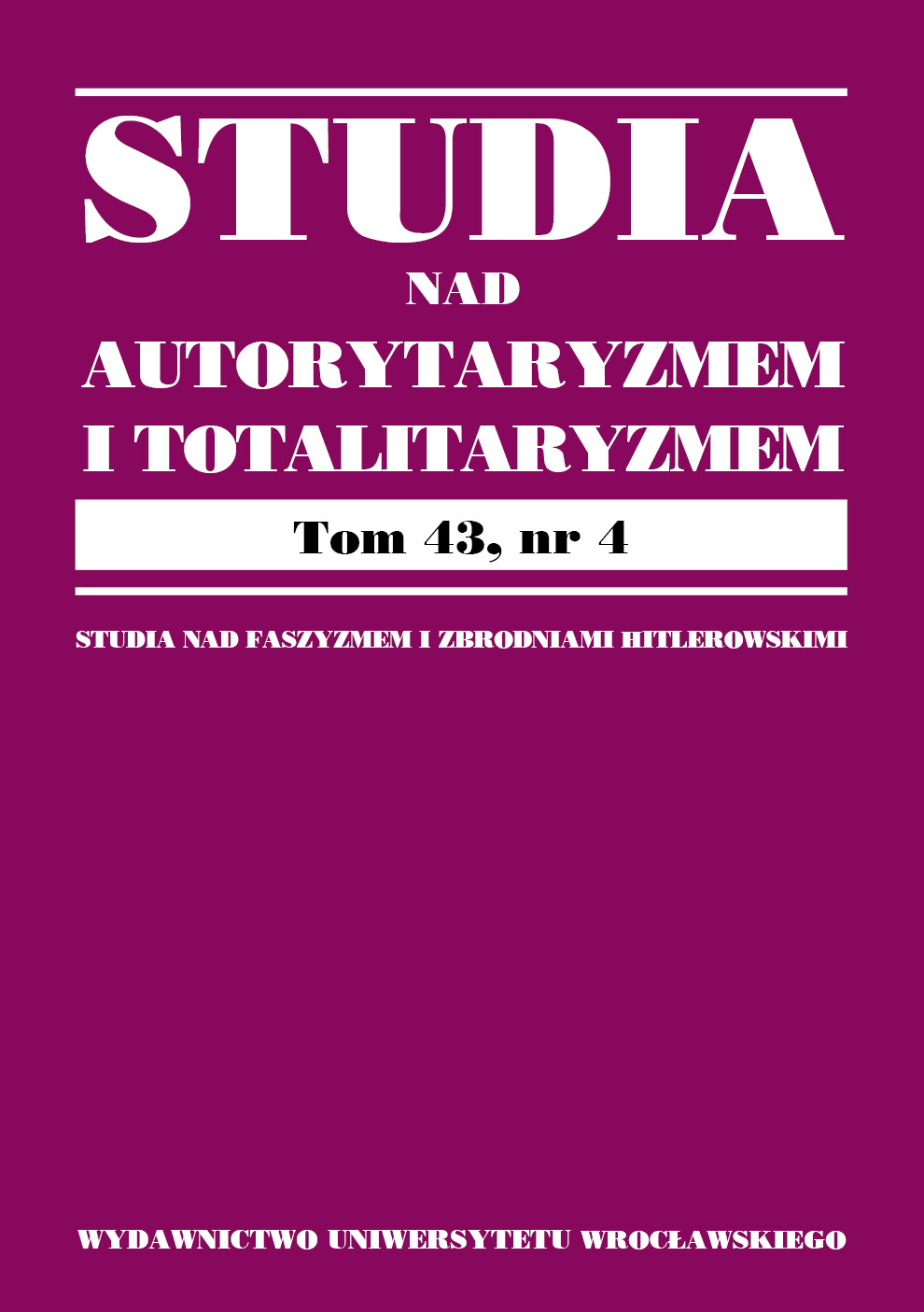

Artykuły

Confiscation of property, understood as depriving the perpetrator of a crime (as well as third parties not involved in criminal practice) of all or part of their property, regardless of whether it was derived from criminal activity or was collected legally, is one of the most painful means of criminal law response in history. From the perspective of today’s standards of human rights protection, it appears unacceptable and contrary to the guarantee function of criminal law. As the analysis of past regulations shows, this measure was used with pleasure in totalitarian states (for example in Nazi Germany and the Soviet Union) as an instrument of fighting political opponents, which was to occur through economic repression, often leading to material annihilation. Confiscation of property was also in force under the Criminal Code of the Polish People’s Republic. The official ratio legis of this institution was seen in the fight against crime against social property. However, an analysis of the practical application of this institution leads to the conclusion that it was not the only goal of the then legislator. The aim of this article is therefore to analyze the institution of confiscation of property in force under the 1969 Criminal Code, and in the longer term to find an answer to the question of whether this regulation was an instrument of the totalitarian system of the communist dictatorship.